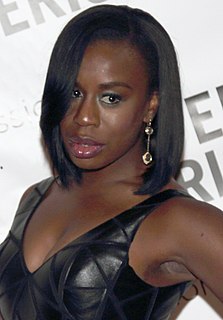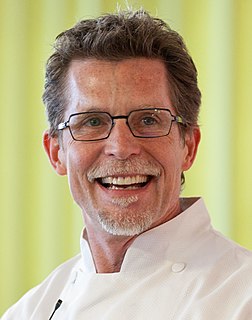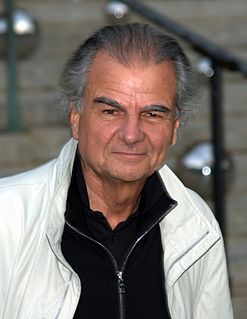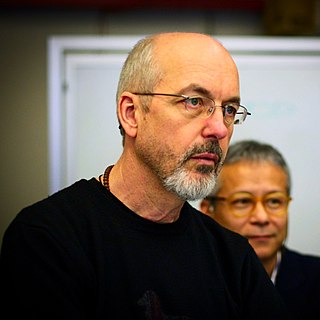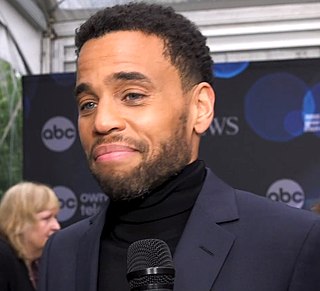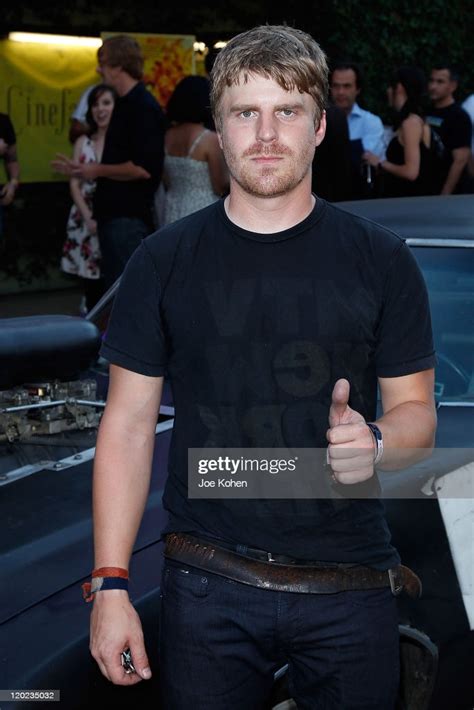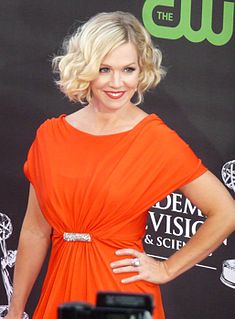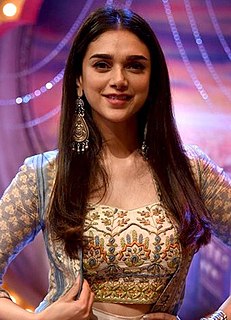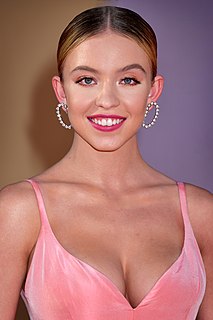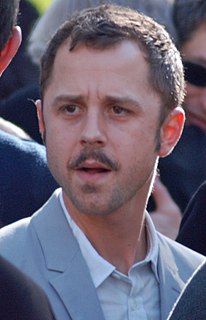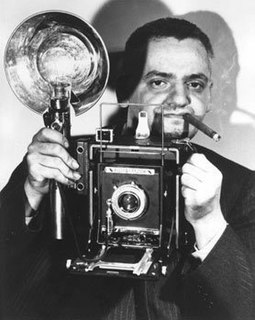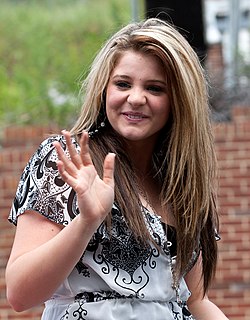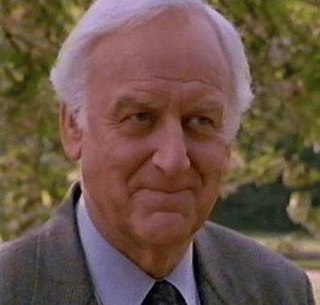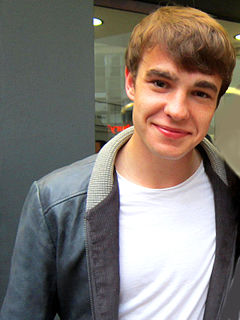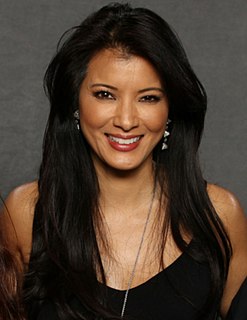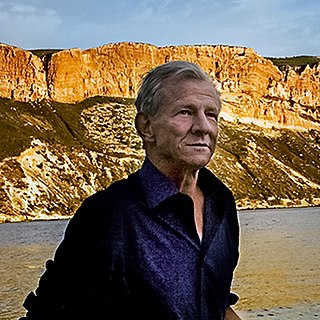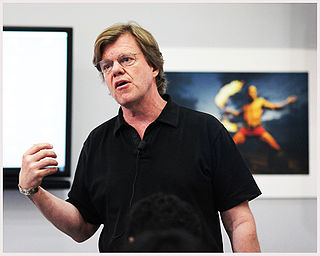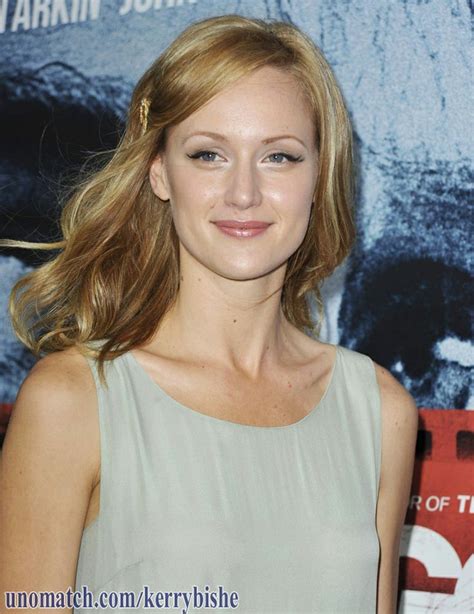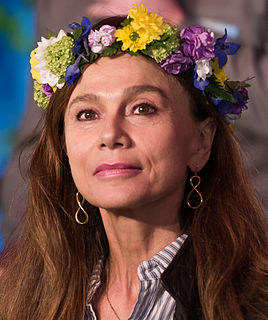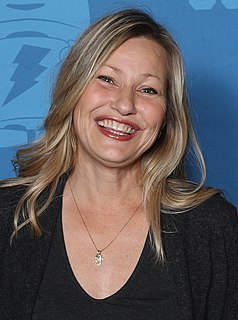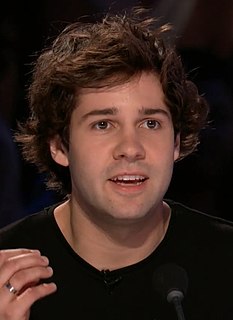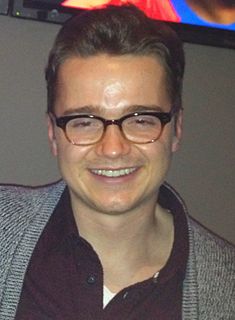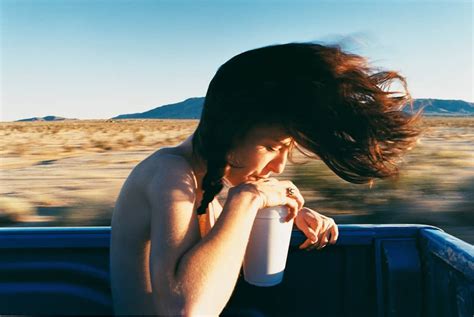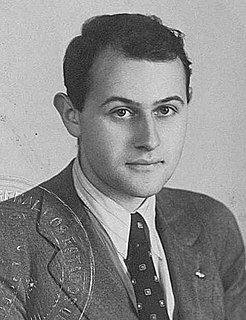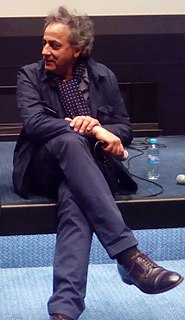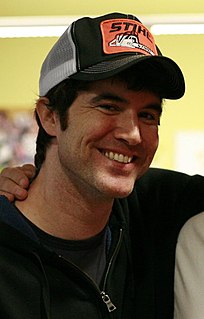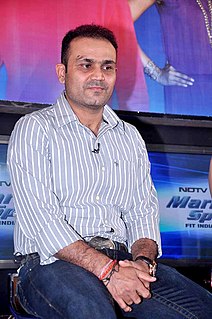Top 1200 Camera Lenses Quotes & Sayings - Page 4
Explore popular Camera Lenses quotes.
Last updated on October 6, 2024.
Now everyone's main objective of taking photographs is to have a photograph for Twitter or Facebook. I find that troubling. If you have an opportunity to meet the Dalai Lama, don't work out your camera or iPhone issues. Sit and a listen to what the man is saying, because nine times out of 10, you're not going to look at that photo. You're not going to look at the video. As a photographer, I don't carry a camera. I have my iPhone, but I don't carry a camera. I want to live.
Once you change the technology - from a film camera to a video camera, or from an 8-mm camera to 16 mm - you change completely the content. With 8 mm, a leaf on a tree will be made up of maybe four grains. So it's very impressionistic, almost like Seurat. If you switch to 16 mm, the technology gives you hundreds of grains on that leaf.
I started in documentaries. I started alone with a camera. Alone. Totally alone. Shooting, editing short documentaries for a French-Canadian part of CBC. So to deal with the camera alone, to approach reality alone, meant so much. I made a few dozen small documentaries, and that was the birth of a way to approach reality with a camera.





